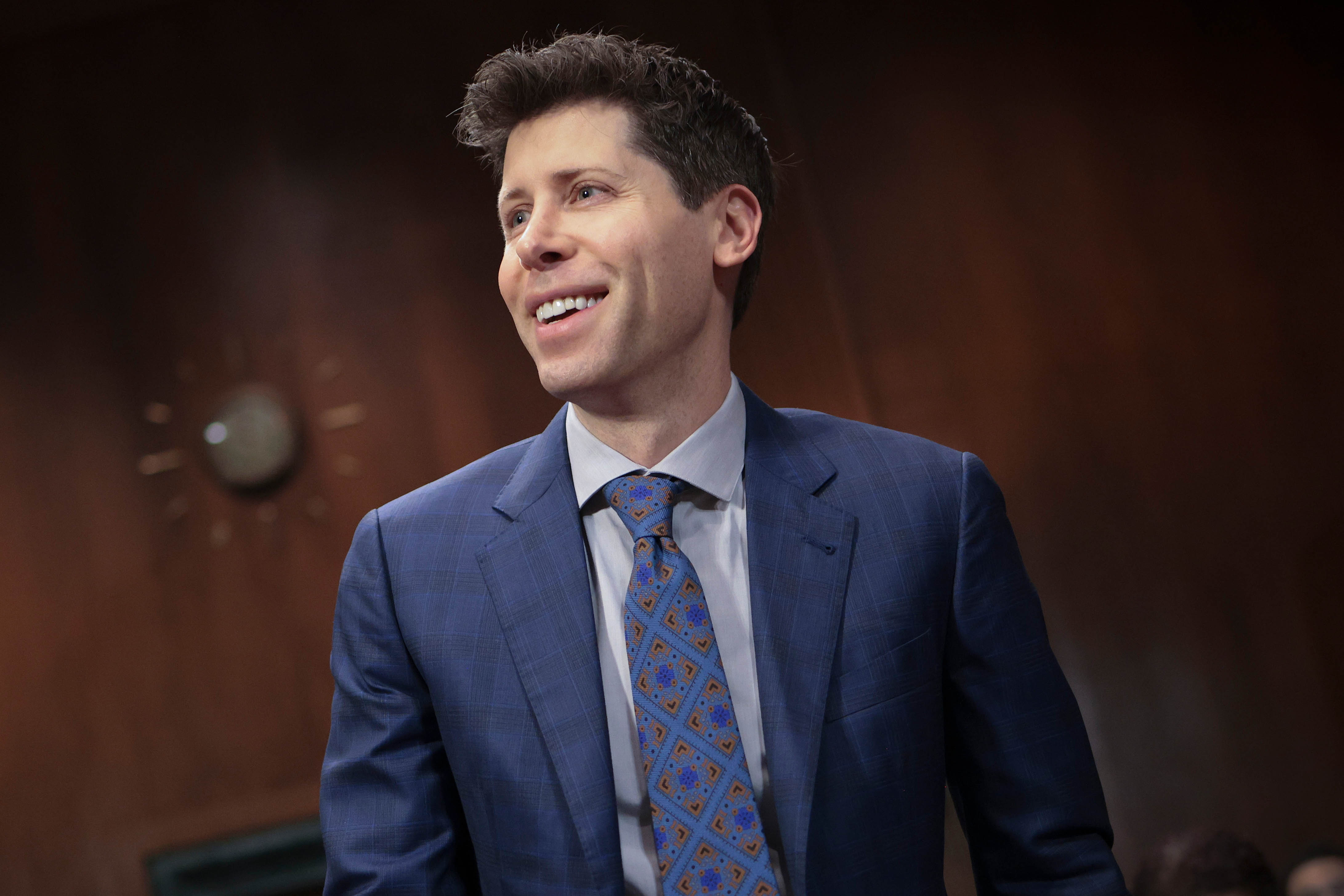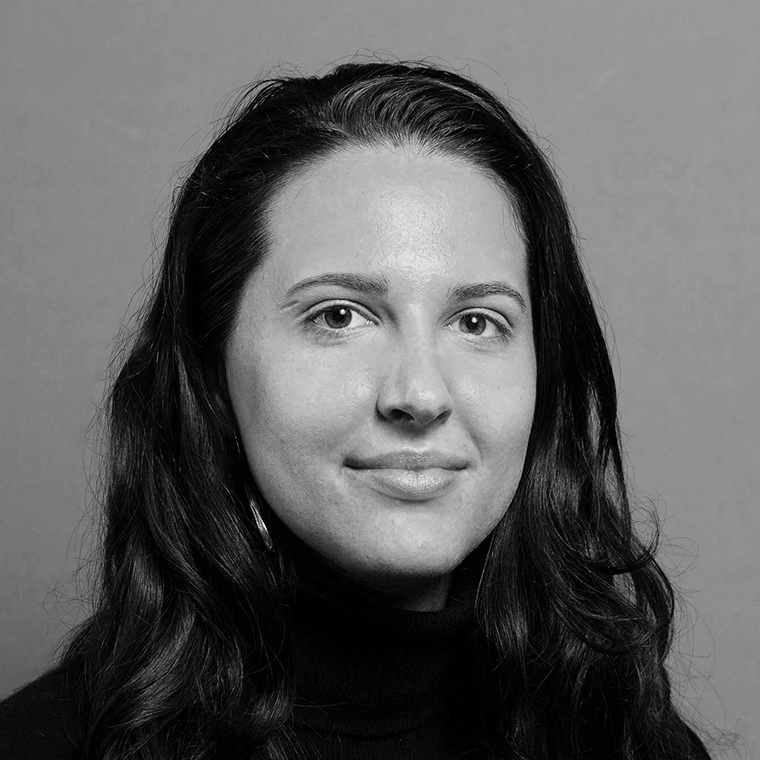In a blogpost last week, chatbot maker OpenAI said it was to become a public benefit corporation (PBC) but remain “overseen and controlled” by the nonprofit board that ousted its chief executive, Sam Altman in 2023. So much for plans to turn it into a for-profit company to “raise more capital”.
In theory, the board now has to balance the company’s mission with the needs of shareholders. It isn’t clear how it will do that. “The devil’s in the details and currently we don’t have any,” said Anish Tondwalkar, a former OpenAI employee.
OpenAI was founded as a nonprofit in 2015 by Altman and Elon Musk with the mission of building safe AI that would benefit all humanity. After Musk resigned in 2018, it restructured, creating a “capped-profit” entity that allowed OpenAI to raise capital to train AI models. The nonprofit board retained oversight and fired Altman in November 2023. He returned a few days later, removing most of the board who fired him.
Since then, Musk – who runs xAI, a direct competitor – has twice sued OpenAI, alleging it betrayed its mission in a “deceit of Shakespearean proportions”.
Last month, Tondwalkar and a group of other experts wrote an open letter to regulators in California and Delaware asking them to intervene on the restructuring.
Some signatories told The Observer that OpenAI’s new plans were a “win”; others were sceptical. “ It’s being framed as a significant concession, but it seems it has no impact on the concerns we raised in the letter,” said former employee Page Hedley. Musk’s lawyer called it a “cosmetic restructuring” that converts charitable assets into private capital.
A PBC is a hybrid of a traditional for-profit corporation and a nonprofit. Instead of maximising profits for shareholders, a PBC has to balance profit, social benefit and the impact of the corporation’s activities. It’s not clear how exactly OpenAI’s nonprofit board will govern within the new structure. According to corporate lawyer Michael Dorff, there are two ways to ensure that PBCs stay true to their mission. One is for large shareholders to sue the company for failing to “balance appropriately” – although Dorff said that in the 15 years PBCs have existed, there has not been “a single reported case dealing with governance of public benefit corporations in the United States”.
The other is for state attorneys to require PBCs to file a “benefit report” every two years, detailing how they are pursuing their specific public benefit. Dorff said many of these become “ marketing tools”, with little substance.
How exactly OpenAI achieves that balance remains an open question. Some analysts are concerned the restructuring will hamper fundraising efforts. Altman said OpenAI will become one of the best-capitalised “charities” in the world.
Newsletters
Choose the newsletters you want to receive
View more
For information about how The Observer protects your data, read our Privacy Policy

